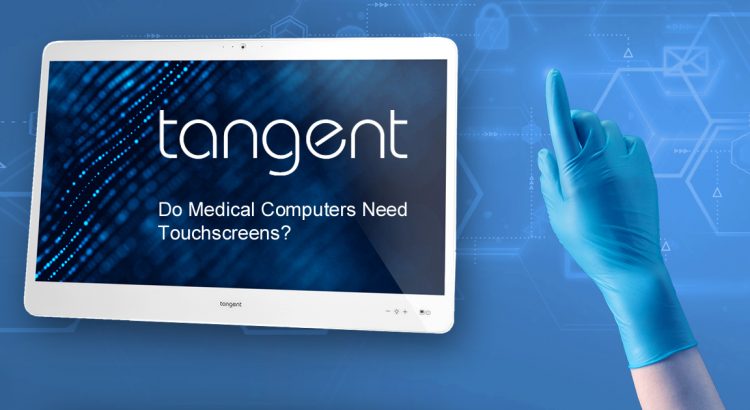When people refer to their “phone” these days, it’s more than likely they mean their “smartphone.” Smartphones have become ubiquitous in our society, and are becoming increasingly necessary for everyday life. But what caused these smartphones to take over their older cousins? One of the defining features that played a large role is the humble […]
Tag: #Medicalcomputer
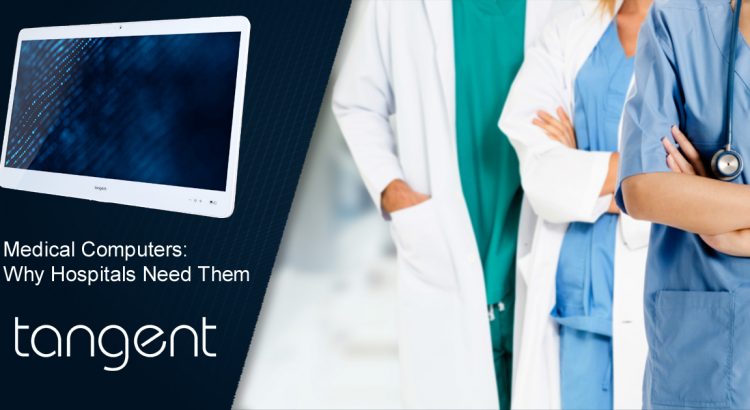
Medical Computers: Why Hospitals Need Them
For their entire existence, hospitals have only had one major goal: to provide quality healthcare to their local community. To do this, doctors have always used the most advanced technology available to them. In the sixties, that meant creating and implementing the first artificial hearts into patients. Innovations like these have led to people living […]

4 Uses For Medical Grade Computers In The Hospital
With the United States having administered over 100 million vaccines, an end to the pandemic is not only within sight but actively being approached. The response to this crisis has fallen largely on our nation’s hospitals, who have consistently provided their communities with the quality medical care they need. Hospitals need to remain vigilant during […]
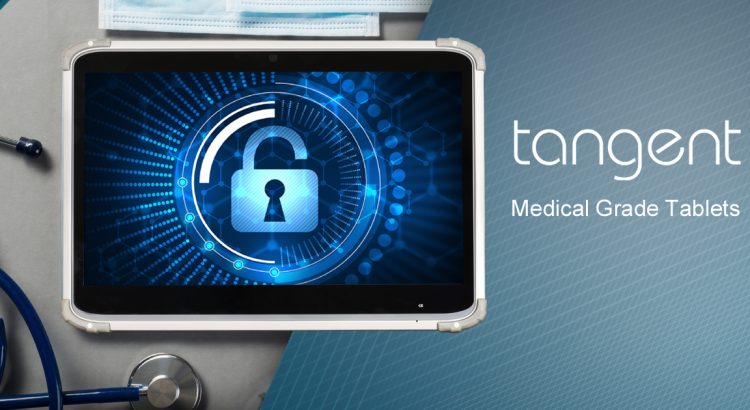
Medical Grade Tablets For Efficient Hospitals
The winter surge of infections is clearly coming to an end, with infections consistently trending downwards in the last few weeks. With vaccines being rolled out, and U.S. estimates suggesting that every American will be vaccinated by the summer, the end of this pandemic is within sight. However, until every American is vaccinated and variants […]
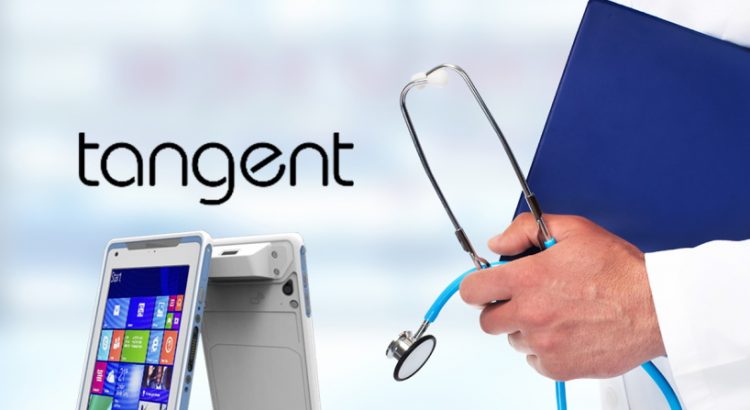
Medical Grade Computers For Emergency Care
While case numbers fall and plateau in some areas of the United States, the ongoing pandemic is still ravaging the country. ICU capacity is beginning to increase in some areas, but many remain close to or at 0%. Hospitals and emergency services need to use this small reprieve to boost their capacities for another potential […]
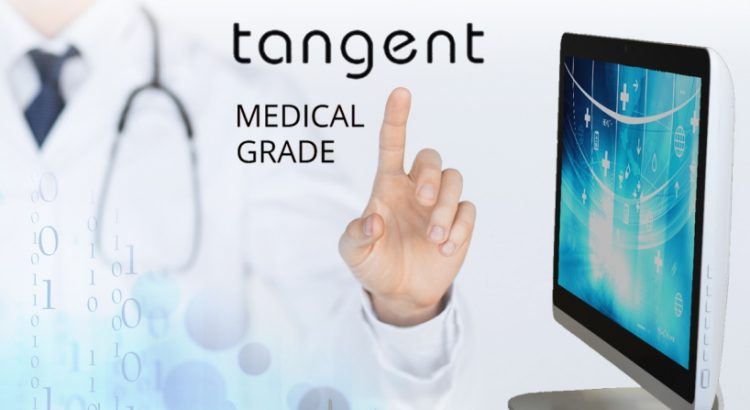
Are Medical AI Tools Worth Using In Hospitals?
Medical AI Tools are rapidly becoming mainstream features in hospitals, especially during this pandemic. These tools can help doctors make diagnosis, or simply advise them on treatment plans. Recently, the Health and Human Services Secretary, Alex Azar, proposed permanently ending FDA oversight on certain medical AI tools. Azar is recommending the end to this oversight […]

Meeting Surging Hospitalizations With Medical Grade Computers
While vaccinations have begun across the world, it will take months for the ramifications of these injections to have an effect. Until then, the pandemic is still on, and currently more threatening than ever. A recent CNN article dove into the hospitals of L.A. County in California, and gave first hand accounts of the crisis […]

Medically Certified Computers For Hospital Use
As the holiday season approaches, hospitals around the country are not feeling the season’s cheer. 0% ICU capacity in Los Angeles is a grim picture that may be painted in other parts of the country after the holiday season, as the Thanksgiving bump in cases may repeat itself. Already, airports are reporting the number of […]
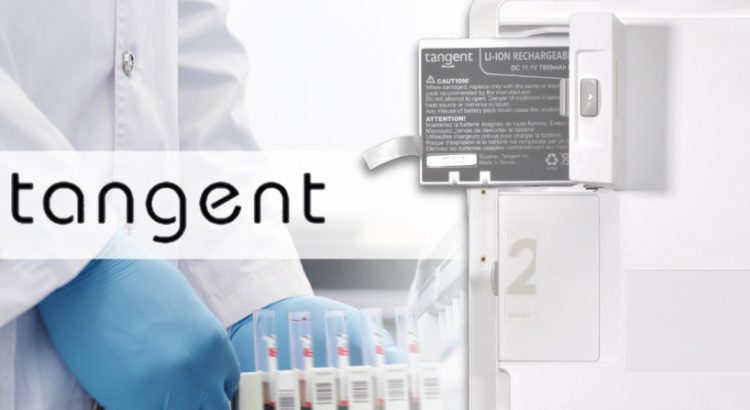
Telehealth Therapy Appointments On Medical Computers Save Time
It’s no secret that telehealth has become a vital part of medical care across the country. As the pandemic continues to worsen, hospitals are seeing staffing shortages. Telehealth on medical computers helps fill in the gaps left by staffing shortages, allowing doctors to see more patients in a day than would typically be possible. The […]

How Hospitals Are Adapting To Meet Surging Hospitalization Rates
The U.S. is continuing to set new records for case numbers nearly every day, and the third wave of this pandemic seems to be in full swing. Hospitals around the country are preparing for numbers to continue to skyrocket, as the full effect of the holiday season has yet to be seen as the L.A. […]
